On November 17, continuing the 10th session, authorized by the Prime Minister, Minister of Justice Nguyen Hai Ninh submitted to the National Assembly a draft on a number of specific and outstanding mechanisms and policies to make breakthroughs in education and training development.
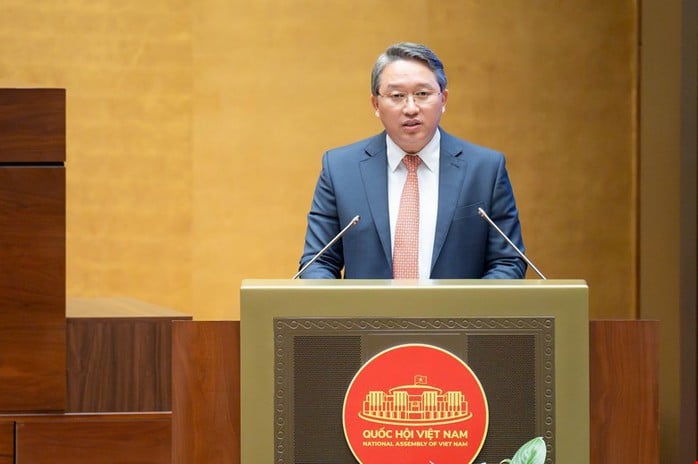
Minister of Justice Nguyen Hai Ninh. Photo: Pham Thang
According to the Government 's report, the current law does not allow the Ministry of Education and Training to decide to use a unified set of textbooks, leading to instability and social costs.
Therefore, the draft resolution proposed that the Minister of Education and Training preside over the implementation and decide on a set of general education textbooks to be applied uniformly nationwide starting from the 2026-2027 school year to ensure the security and safety of textbooks. By 2030, textbooks will be provided free of charge to all students.
The State ensures resources to provide free textbooks for all students (to be completed by 2030) and exempt tuition fees and curriculum for National Defense and Security Education at higher education institutions and vocational training institutions according to the roadmap prescribed by the Government, in accordance with the ability to balance the state budget, relevant laws and requirements to ensure fairness in access to education.
The draft resolution also stipulates that the proportion of state budget expenditure for education must reach at least 20% of total expenditure, ensuring the proportion of development investment expenditure and giving priority to preschool, general education, and disadvantaged areas; promulgating financial mechanisms to encourage public-private cooperation and socialization; providing special incentives on land, taxes, and credit for public and non-profit educational institutions, ensuring fairness and sustainability in investment in education.
According to the Government, there are currently no unified and specific regulations on financial incentives and land funds for educational institutions. Therefore, the Government proposes preferential mechanisms on land, taxes, and credit, allowing localities to prioritize land funds, mobilize socialization, reduce investment costs, and ensure stable resources for public and non-profit institutions.
There are specific policies in the fields of culture, arts, sports, and health; establishing a new financial mechanism, ensuring a stable budget, prioritizing the implementation of compulsory education until the end of lower secondary school by 2030 and striving to universalize upper secondary education and equivalent by 2035.
Prioritize ordering and assigning tasks to key sectors and fields and order training for teachers and lecturers of higher education and vocational education from the state budget; ensure funding for cultural, social, sports, national defense - security and foreign language education activities to serve international integration...
According to the Verification Report presented by Chairman of the Committee on Culture and Social Affairs Nguyen Dac Vinh, the Committee agrees with the necessity, purpose and viewpoint of drafting the Resolution.
Regarding specific policies, the Committee on Culture and Society basically agrees with the policy on cooperation in developing educational programs. However, it is recommended to clarify the regulation that localities with conditions will implement free textbooks from the 2026-2027 school year, to avoid misunderstanding that priority is given to providing free textbooks first to students in localities with conditions instead of giving priority to students in disadvantaged areas.
The review agency also proposed considering the regulation of a State mechanism to encourage the attraction of social resources and local resources with conditions to support disadvantaged localities to implement this policy...
The Committee basically agrees with many mechanisms and policies stipulated in Article 2 on human resource development for the education sector and notes some contents such as the specific policy on preferential vocational allowances with a minimum level of 70% for teachers and 30% for staff; providing free textbooks, free tuition, and curriculum for the subject of National Defense and Security Education; investing in digital infrastructure, and shared platforms, interconnection; credit support policies, and scholarships for doctoral training.
Source: https://nld.com.vn/loat-de-xuat-ve-thoi-gian-thuc-hien-mien-phi-bo-sach-giao-khoa-dung-chung-19625111710375418.htm





![[Photo] General Secretary To Lam and National Assembly Chairman Tran Thanh Man attend the 80th Anniversary of the Traditional Day of the Vietnamese Inspection Sector](https://vphoto.vietnam.vn/thumb/1200x675/vietnam/resource/IMAGE/2025/11/17/1763356362984_a2-bnd-7940-3561-jpg.webp)








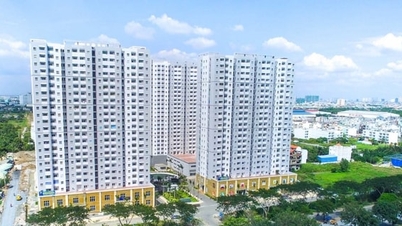

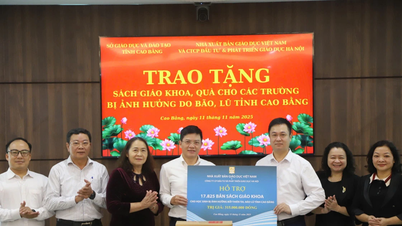






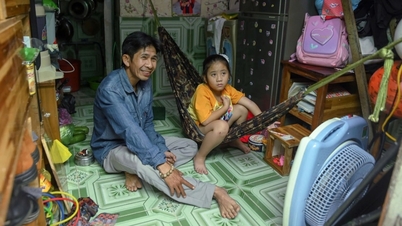


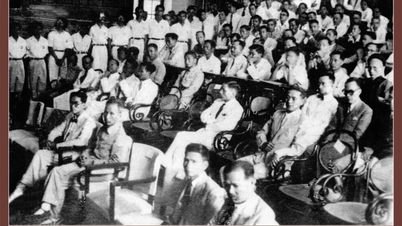

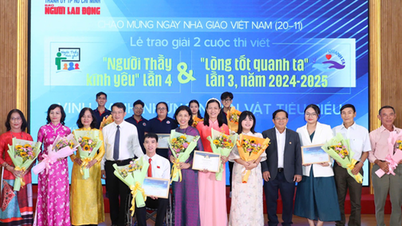







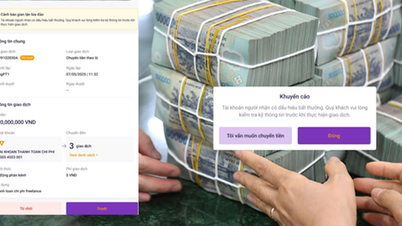






































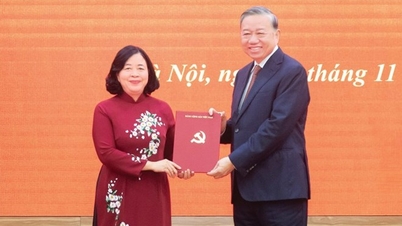


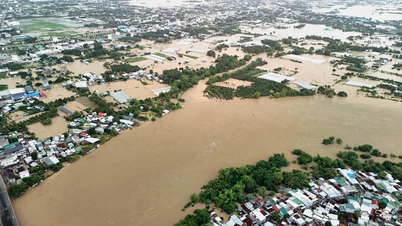
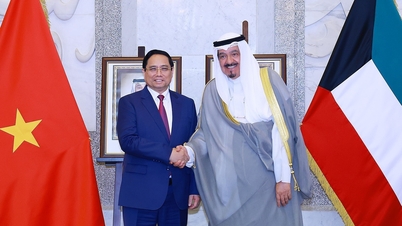
















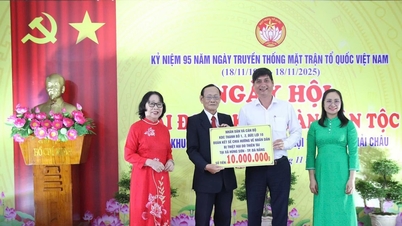



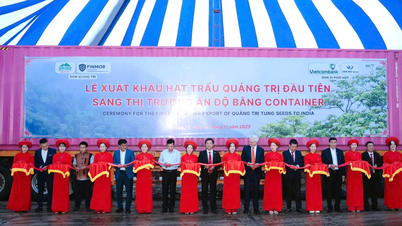









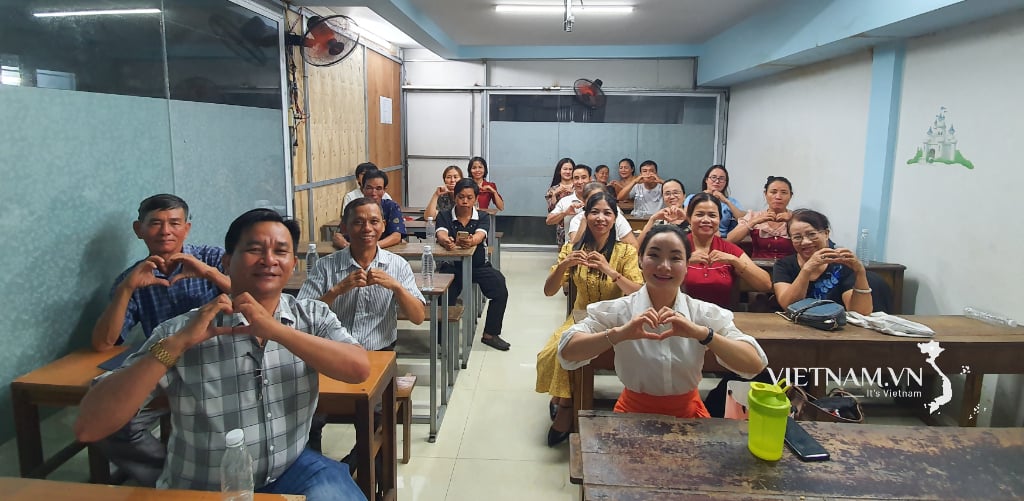


Comment (0)